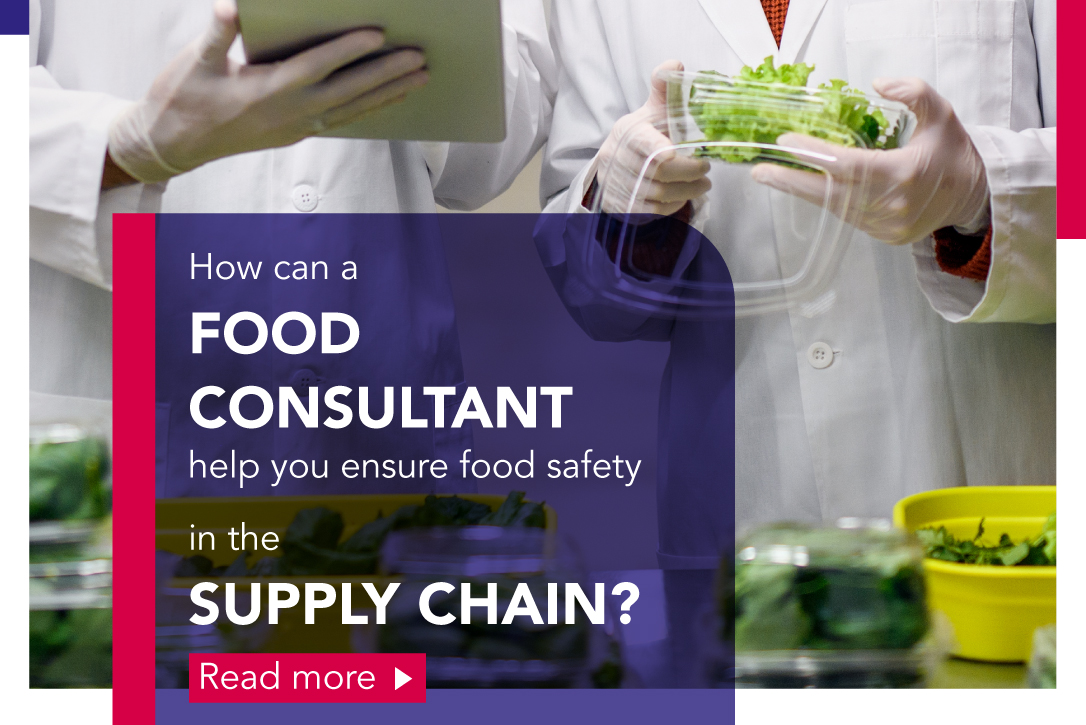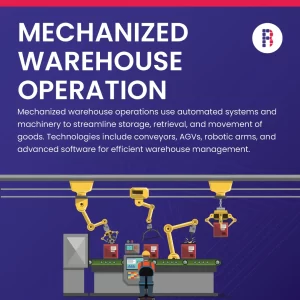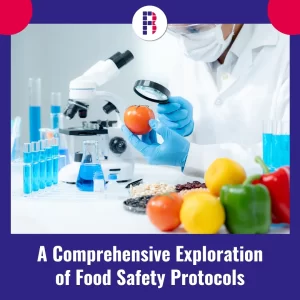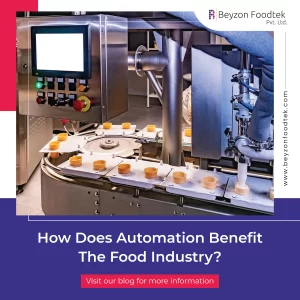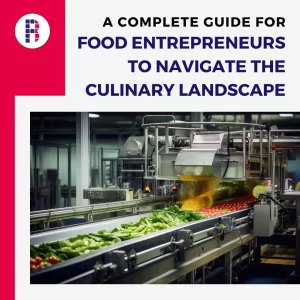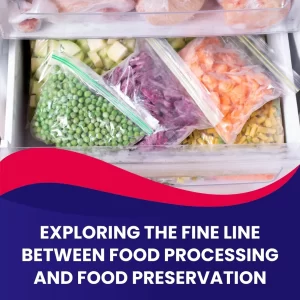Introduction
In the realm of food safety, the role of a food consultant is instrumental in safeguarding public health and maintaining the integrity of the food industry. As a trusted expert, your knowledge and guidance play a pivotal role in helping food businesses navigate the complex landscape of regulations, quality standards, and consumer expectations. In this comprehensive blog, we delve into the essential considerations that every food consultant should bear in mind to ensure food safety throughout the supply chain.
- Mastery of Regulatory Landscape:A deep understanding of food safety regulations and standards is the foundation of your consultancy work. Keep yourself updated with local, national, and international regulations such as HACCP (Hazard Analysis and Critical Control Points), GMP (Good Manufacturing Practices), and relevant guidelines from organizations like the FDA (Food and Drug Administration) and Codex Alimentarius. Armed with this knowledge, you can help your clients navigate compliance challenges and uphold consumer safety.
- Holistic Risk Assessment:Conduct thorough risk assessments to identify potential hazards that could compromise food safety. Your expertise lies in identifying biological, chemical, and physical hazards at each stage of the production process. Collaborate with your clients to develop comprehensive risk management strategies, including hazard prevention, control measures, and crisis management plans.
- Supplier Vigilance:Guide your clients in establishing a robust supplier management system. Encourage them to scrutinize suppliers for quality, safety practices, and ethical considerations. Promote partnerships with suppliers who share a commitment to food safety and transparency in their operations.
- HACCP Implementation:The implementation of HACCP is a critical aspect of ensuring food safety. Work closely with your clients to design and implement HACCP plans tailored to their specific products and processes. Assist them in identifying critical control points, setting up monitoring procedures, and developing corrective actions.
- Rigorous Quality Control:Quality control and assurance are indispensable components of food safety. Collaborate with your clients to establish comprehensive Standard Operating Procedures (SOPs) that ensure consistent product quality. Implement stringent quality checks, microbial testing, and sensory evaluations to maintain the highest standards.
- Facility Design and Hygiene Protocols:Advise clients on facility design that optimizes food safety. Recommend layouts that minimize cross-contamination risks and support efficient sanitation practices. Stress the importance of hygiene protocols, encompassing personal hygiene for staff, equipment sanitation, and facility upkeep.
- Training and Education:Develop tailored training programs for employees at all levels within your client’s organization. Cover critical topics such as proper food handling, allergen management, sanitation practices, and the importance of following established protocols. A well-informed workforce is the frontline defense against food safety risks.
- Traceability and Recall Preparedness:Assist your clients in establishing robust traceability systems that enable swift identification and isolation of potentially contaminated products. Collaborate on the development of comprehensive recall plans that outline procedures for notifying authorities, retrieving products, and effectively communicating with consumers during a recall event.
- Embrace Technology:Encourage the integration of technology to elevate food safety efforts. Advocate for the implementation of solutions like blockchain for traceability, IoT sensors for real-time monitoring of environmental conditions, and data analytics for predictive risk assessment.
- Commitment to Continuous Improvement:Food safety is an evolving field. Encourage your clients to cultivate a culture of continuous improvement. Regularly review processes, gather and analyze data, and use insights to refine and enhance food safety practices.
Conclusion
As a food consultant, you hold a pivotal role in shaping the safety and integrity of the food supply chain. Your expertise and guidance empower food businesses to navigate regulations, mitigate risks, and prioritize consumer health. By mastering the regulatory landscape, conducting holistic risk assessments, promoting quality control, and embracing technology, you can make a lasting impact on the industry’s reputation and ensure a safer, more secure food system for all.
